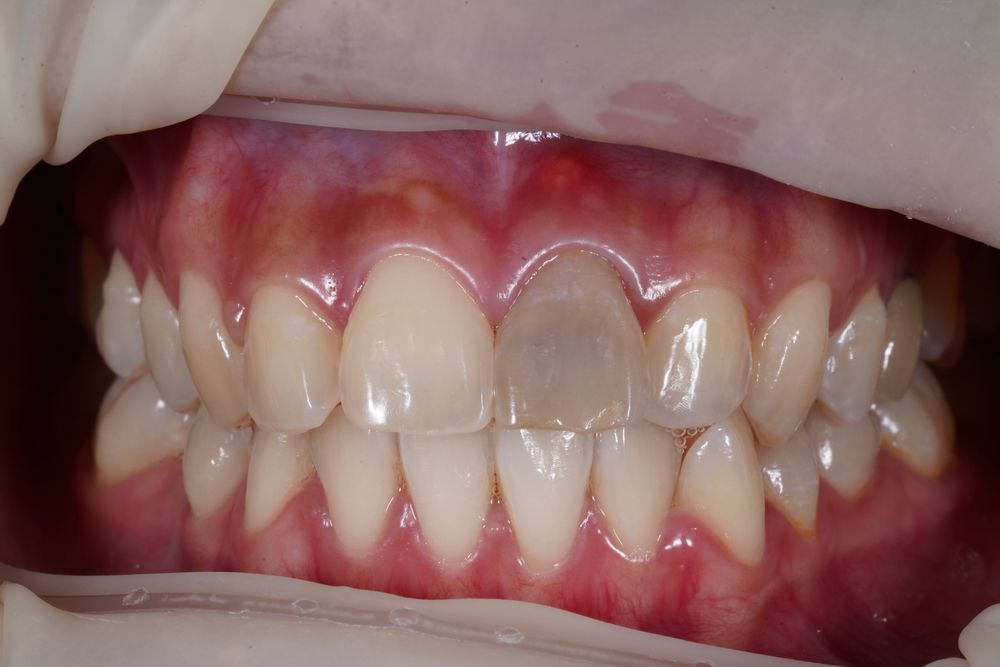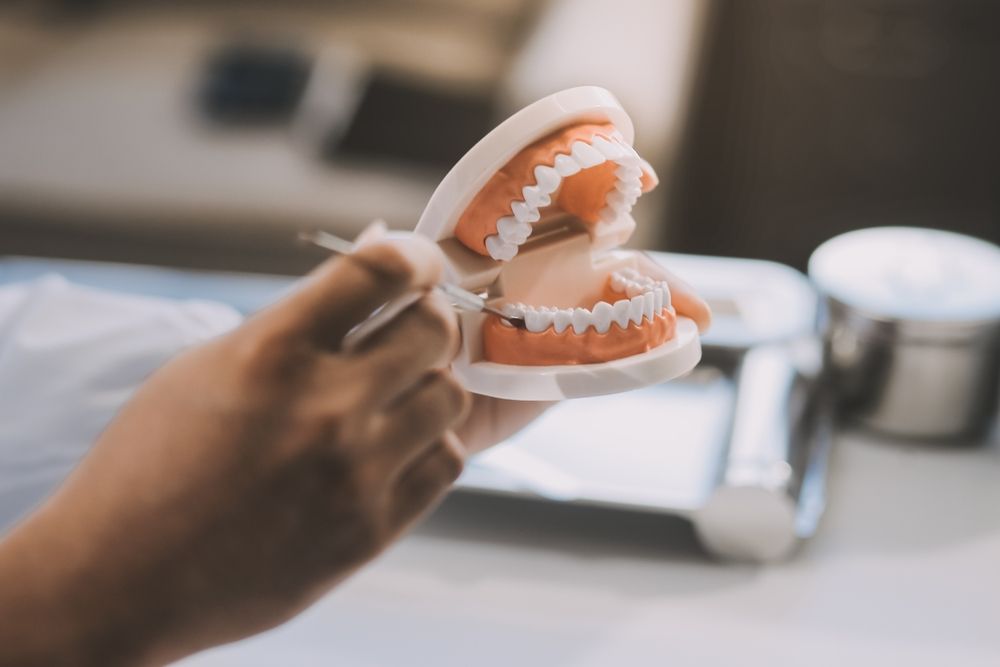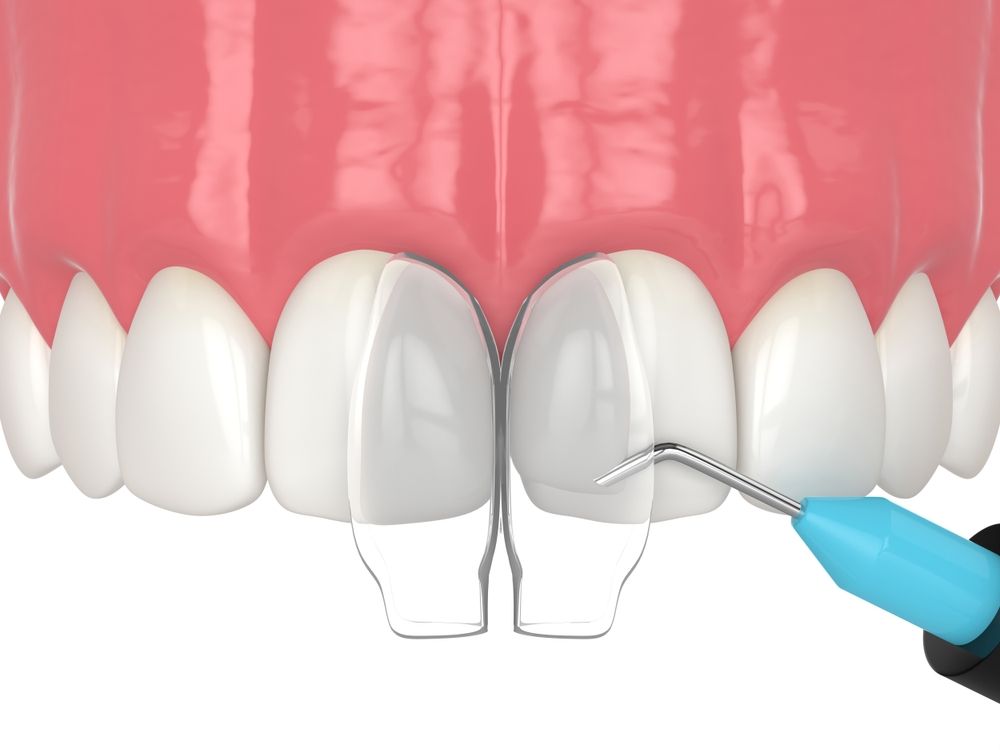The pandemic has affected the mental health of millions of Americans in a surprising number of ways. Being separated from family and friends has led to many developing significant stress. There has been a deep concern for children’s health, friends, and extended family. Financial stress has appeared in the form of being laid off from work and transitioning to working remotely. Add to this that many families had to begin having their children schooled from home, and it’s not surprising that stress levels were high. This has led to an increase in medical conditions related to stress, including bruxism.
How Bruxism Is A Sign of Emotional Stress
Bruxism is the medical term for the subconscious grinding and gritting of our teeth. It can happen while we’re awake but is also common as a nighttime habit. There is a significant risk of potential damage to our teeth when we forcefully grind them together in this way. Dentists will typically be the first to notice signs of the condition when seeing unusual wear and tear during a dental visit. Symptoms such as an aching jaw, sensitive teeth, poor sleep, and headaches are also common indicators. While there are many sources of these symptoms, the presence of unusual wear on the teeth is a sure sign of bruxism.
Bruxism isn’t always a chronic condition. It’s typical for people to clench their teeth when angry or during periods of excessive stress. Only when this condition is persistent and frequent it becomes a risk to our oral health. Even intermittent periods of grinding our teeth can cause migraines, headaches, sore jaw, and damage to the teeth.
Some symptoms of bruxism include:
- Sensitive Teeth
- Chips or fractures in the teeth
- Limited oral mobility
- Experiencing discomfort while chewing or talking
- Wear on the molars
- Oral restorations becoming damaged inexplicably
Numerous factors can contribute to the appearance of bruxism. Among these can be bodily stress caused by sitting improperly. This has become a common concern due to the sudden shift to at-home work. Many of the individuals affected by this change lacked the necessary office space at home, leading to poor ergonomics. Situations such as sitting on an unpadded kitchen chair strain their bodies, backs, and minds throughout the day. This can lead to their posture shifting to accommodate their new situation, which in turn can lead to bruxism.
Just as bruxism can impact our ability to sleep properly, poor sleep can lead to bruxism. The exertion on our oral structures while grinding makes it difficult to sleep. This situation can worsen as we experience head and body aches, dental pain, and other symptoms. Insomnia can cause us to become increasingly stressed, irritable, and exhausted, exacerbating an already difficult situation.
What You Can Do About Bruxism
Your dentist can serve as an essential point of contact when trying to address symptoms of bruxism. They can help you determine the foundational cause of your oral discomfort and suggest solutions. One common solution is the use of night guards while sleeping. They’ll protect your teeth from the potential damage caused by grinding them. Contact your dentist to learn more about managing bruxism and its symptoms by making an appointment today!






